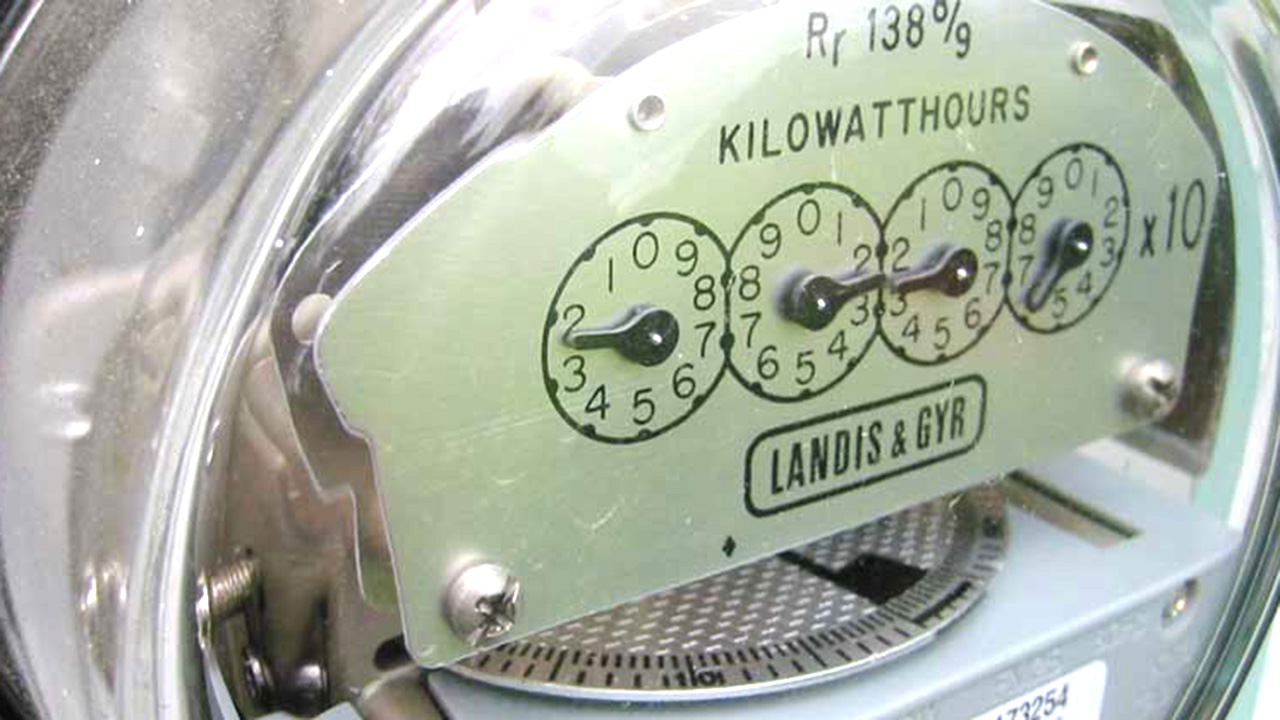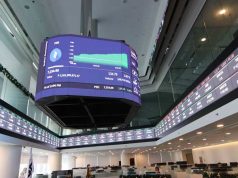
THE ENERGY REGULATORY Commission (ERC) on Thursday said the average price in the retail electricity market decreased in the first quarter (Q1), leading to increased competition in pricing.
The national average supply price of retail electricity suppliers (RES) in the first three months fell to P5.49 per kilowatt-hour (kWh) from P6 per kWh in the same period last year, the ERC said in a statement.
The latest figure was also lower compared to the prices from distribution utilities (DUs) in 2023, which had an average generation charge of P6.7460 per kWh for captive customers at the national level.
Under the Electric Power Industry Reform Act of 2001, qualified contestable customers, or end users consuming at least 500 kilowatts a month, may choose their own power suppliers under the Retail Competition and Open Access scheme.
End users are given the opportunity to participate — on a voluntary basis — in the Competitive Retail Electricity Market (CREM), allowing them to choose from an array of power suppliers that offer cheaper electricity.
Captive customers are those served by DUs in the areas where they are based.
The lower average price in the CREM drove the increase in the number of consumers exercising their right to choose their own suppliers.
As of March, the total number of registered CREM customers increased to 1,999 from 1,918 in 2022, while 330 customers opted for the Green Energy Option.
About 60% of the 3,329 customers are being served under CREM, while the remaining 40% of those eligible are yet to choose their own suppliers and remain under their respective DUs.
“We are optimistic that the retail market will continue to grow as the Commission addresses the issues on market concentration with continuous and more diligent monitoring to prevent and penalize anti-competitive behaviors,” ERC Chairperson and Chief Executive Officer Monalisa C. Dimalanta said.
Ms. Dimalanta also said that the ERC has received several applications for RES licenses from non-affiliated entities.
“This is a clear sign of increasing competition in the retail market which should only lead to better choices for our consumers,” she said.
The ERC has issued licenses to 48 RES and 29 local RES, which are in-house RES of DUs. Of these, 32 RES and two local RES have active contracts with CREM customers.
The ERC said that the Manila Electric Co. Group remained the largest group in terms of the total number of customers, supplying 678 out of the total 1,999 contestable customers.
Meanwhile, the Aboitiz Group remained the largest affiliate group in terms of demand served, supplying 30% of the 4,208 megawatts actual demand. — Sheldeen Joy
Talavera



